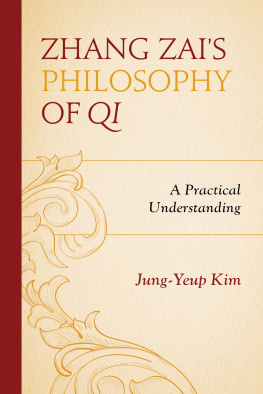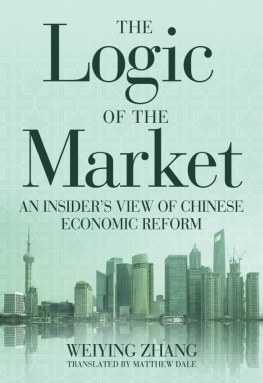Wei Zhang - Chinese Adaptations of Brecht Appropriation and Intertextuality
Here you can read online Wei Zhang - Chinese Adaptations of Brecht Appropriation and Intertextuality full text of the book (entire story) in english for free. Download pdf and epub, get meaning, cover and reviews about this ebook. year: 2020, publisher: Palgrave Macmillan, genre: Science. Description of the work, (preface) as well as reviews are available. Best literature library LitArk.com created for fans of good reading and offers a wide selection of genres:
Romance novel
Science fiction
Adventure
Detective
Science
History
Home and family
Prose
Art
Politics
Computer
Non-fiction
Religion
Business
Children
Humor
Choose a favorite category and find really read worthwhile books. Enjoy immersion in the world of imagination, feel the emotions of the characters or learn something new for yourself, make an fascinating discovery.
Chinese Adaptations of Brecht Appropriation and Intertextuality: summary, description and annotation
We offer to read an annotation, description, summary or preface (depends on what the author of the book "Chinese Adaptations of Brecht Appropriation and Intertextuality" wrote himself). If you haven't found the necessary information about the book — write in the comments, we will try to find it.
Wei Zhang: author's other books
Who wrote Chinese Adaptations of Brecht Appropriation and Intertextuality? Find out the surname, the name of the author of the book and a list of all author's works by series.
Chinese Adaptations of Brecht Appropriation and Intertextuality — read online for free the complete book (whole text) full work
Below is the text of the book, divided by pages. System saving the place of the last page read, allows you to conveniently read the book "Chinese Adaptations of Brecht Appropriation and Intertextuality" online for free, without having to search again every time where you left off. Put a bookmark, and you can go to the page where you finished reading at any time.
Font size:
Interval:
Bookmark:
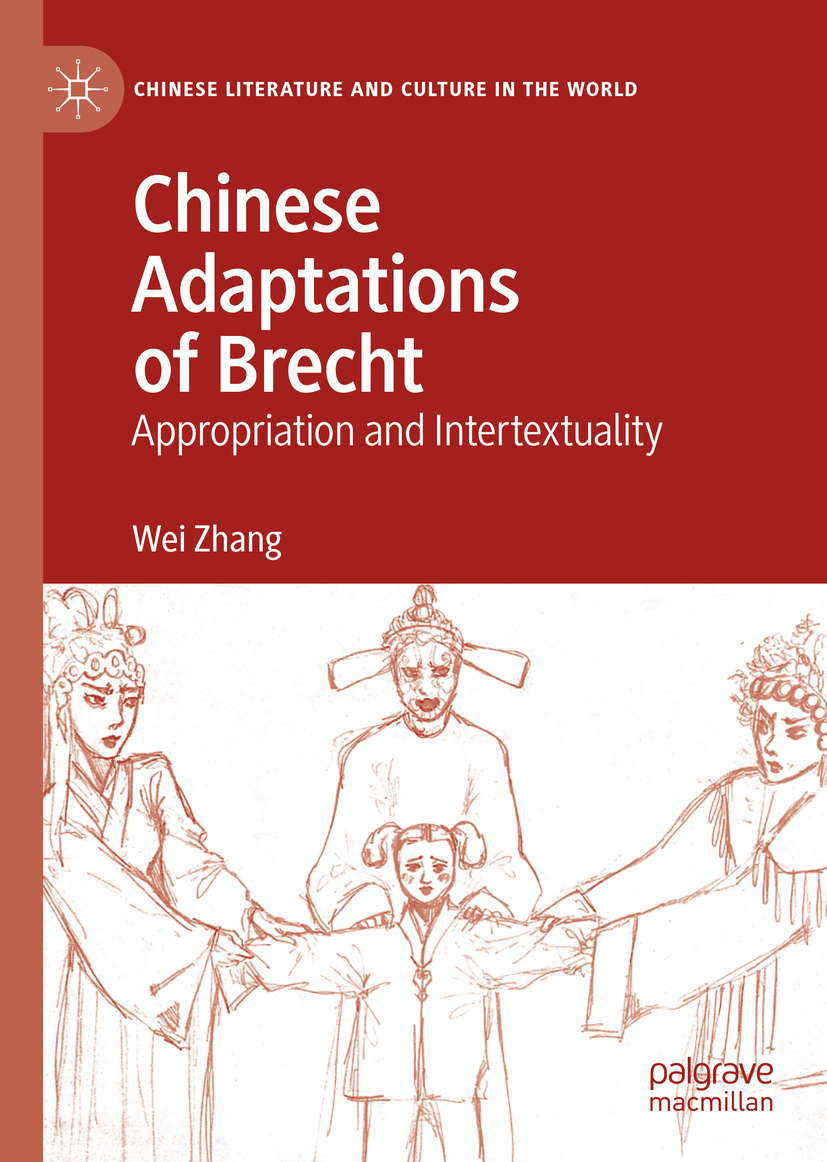
As China is becoming an important player on the world stage, Chinese literature is poised to change and reshape the overlapping, shared cultural landscapes in the world. This series publishes books that reconsider Chinese literature, culture, criticism, and aesthetics in national and international contexts. While seeking studies that place China in geopolitical tensions and historical barriers among nations, we encourage projects that engage in empathetic and learning dialogue with other national traditions. Imbued with a desire for mutual relevance and sympathy, this dialogue aspires to a modest prospect of world culture. We seek theoretically informed studies of Chinese literature, classical and modern - works capable of rendering Chinas classical heritage and modern accomplishments into a significant part of world culture. We promote works that cut across the modern and tradition divide and challenge the inequality and unevenness of the modern world by critiquing modernity. We look for projects that bring classical aesthetic notions to new interpretations of modern critical theory and its practice. We welcome works that register and analyze the vibrant contemporary scenes in the online forum, public sphere, and media. We encourage comparative studies that account for mutual parallels, contacts, influences, and inspirations.
More information about this series at http://www.palgrave.com/gp/series/14891

Cover illustration: Drawing ofThe Chalk Circle. By permission of Qianman Wan at MICA
This Palgrave Macmillan imprint is published by the registered company Springer Nature Switzerland AG.
The registered company address is: Gewerbestrasse 11, 6330 Cham, Switzerland
To my parents Zhang Guicai and He Xinquan, for their unconditional love and unfaltering support.
This book is derived from my PhD dissertation at the University of Hawaii at Mnoa.
I am deeply indebted to Professor Markus Wessendorf, my advisor and dissertation chair. He has kindly guided me throughout my PhD studies and dissertation project, making time to read and offer detailed and thoughtful feedback and suggestions for revision for the many drafts of my proposal, journal submissions, and dissertation chapters even on weekends and during holidays and vacations. Without his inspiring and patient mentorship, the completion of PhD studies and the dissertation would not have been accomplished.
I would like to extend my sincerest thanks to Professor Lurana D. OMalley, Professor Julie A. Iezzi, and Professor Kirstin A. Pauka for the most memorable courses I have taken with them and for invaluable guidance and support and for their illuminating feedback and meticulous editing.
I am very grateful to Professor Ming-Bao Yue, Dr. Weijie Yu (Singapore), and Professor Frederick Lau for their tremendous help and advice in the development stage and the final dissertation process.
I would like to express my gratitude to all those who have offered guidance and support for me at UH-Mnoa during my PhD studies there.
I owe many thanks to Professor Kathy Foley, former editor of theAsian Theatre Journal (ATJ), for patiently helping me to revise my first journal submission in English (which was published in the fall issue of 2016) as well as my second submission. I am profoundly grateful to Professor Siyuan Liu, currentATJeditor, for his extensive and patient guidance in the preparation of my second journal article for publication.
I would also like to thank the anonymous reviewers for their constructive comments and suggestions on my twoATJarticles.
My heartfelt gratitude goes to the theatre artists in Beijing, Shanghai, Chengdu, and Chongqing in China whom I have interviewed for this project. They are (in the order in which I interviewed them between March and July 2016): Lin Zhaohua, Liu Xiaorong, Zhang Qiuge, Shen Lin, Feng Yuanzheng, Zhao Ningyu, Li Jianming, Jiang Ruoyu, Ding Yangzhong, Lu Xuegong, Xue Dianjie, Zhang Li, Chen Qiaoru, Zhao Jianrong, Yang Xiao, Sun Yongbo, Jian Xiaoli, Wei Minglun, Hu Chengde, Gao Yin, Huang Jisu, Ding Jiali, Zhang Nan, Zhao Han, Shen Qian, Zhang Xiaoming, and Liu Yonglai. Additionally, I need to thank Wu Xi, Liu Feng, Ouyang Ming, Ma Lianqing, Xu Yongming, Shen Tiemei, Peng Xinqi, Jiang Naichen, Cui Guangli, and Liu Kaikui, for their work on the Brecht adaptations and/or for sharing their insights during phone interviews when I was writing my dissertation and revising the journal articles in the past several years. Their dedication to the theatre arts and their inspired adaptations of Brechts plays after the Cultural Revolution have made this book possible.
My thanks would also go to the professors who have helped me at different institutes in the past: Professor William Huizhu Sun, who directed my first PhD dissertation at Shanghai Theatre Academy; Professor Huihui Zheng, my MA thesis advisor at Shanghai Normal University; and Professor Judy Mitoma, Professor Angelia Leung, Professor Victoria Marks, and the Center for Intercultural Performance at the University of California, Los Angeles (UCLA).
I owe a profound debt of gratitude to the Dai Ho Chun Fund, John Young Scholarship in the Arts, UHM-PKU Exchange Scholarship, Chun Ku & Soo Yong Huang Foundation, College of Arts and Humanities Dissertation Research Award, Research Corporation of the University of Hawaii Graduate Fellowship, the Chung-fong and Grace Ning Chinese Studies Fund, Graduate Student Organization Funding, Department of Theatre and Dance, and the Center for Chinese Studies at UH-Mnoa for supporting my research.
Font size:
Interval:
Bookmark:
Similar books «Chinese Adaptations of Brecht Appropriation and Intertextuality»
Look at similar books to Chinese Adaptations of Brecht Appropriation and Intertextuality. We have selected literature similar in name and meaning in the hope of providing readers with more options to find new, interesting, not yet read works.
Discussion, reviews of the book Chinese Adaptations of Brecht Appropriation and Intertextuality and just readers' own opinions. Leave your comments, write what you think about the work, its meaning or the main characters. Specify what exactly you liked and what you didn't like, and why you think so.



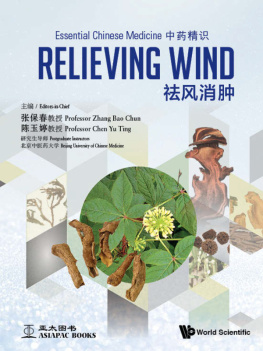
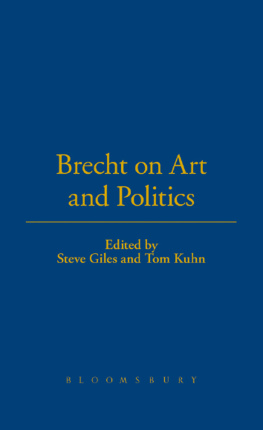
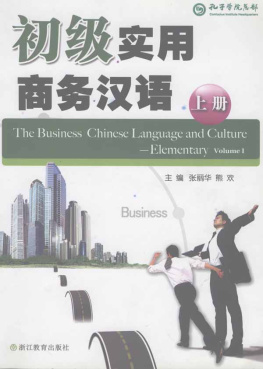
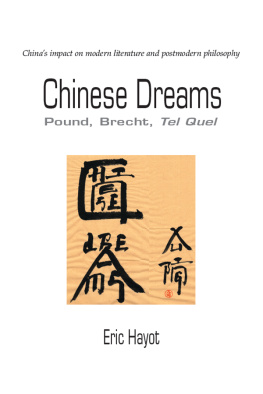

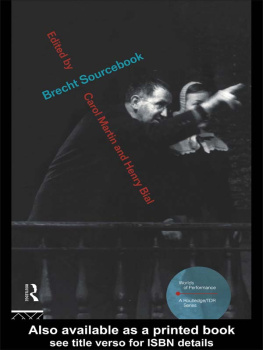
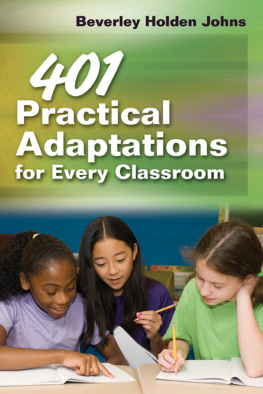
![Zhang Gongzhe [张公者] - Contemporary Chinese Calligraphy [当代中国书法]](/uploads/posts/book/126572/thumbs/zhang-gongzhe-contemporary-chinese.jpg)
